Relevant Overviews

Understanding cognitive biases are not only important for UX Research and UX design, but also for navigating everyday life. Bias seeps into our judgment and thinking which can warp the reality of experience based on our subjective views.

The Dunning-Kruger effect is a cognitive bias that impacts individuals' perception of their own abilities. For designers and clients, this bias can have significant implications for the overall quality of the user experience. If designers recognize the risks associated with the Dunning-Kruger effect and implement strategies to minimize its impact,
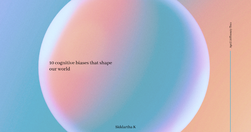
Being aware of our cognitive biases helps to recognize their power in shaping our thoughts, opinions, attitudes and the decisions we make. Let’s check out these effects by analyzing ten cognitive biases that shape our world today.
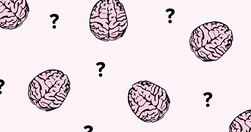
We’re not as rational as we think. The human brain is designed to make quick and effective decisions rather than stick to facts at all times. Instead of acting rationally, we prefer to act fast. This may lead to better outcomes indeed, but it might also lead you astray. Cognitive biases can be both a blessing and a curse.

We can’t “fix” our minds and stop making errors in judgment, but we can become more aware of biases that influence our decision making.
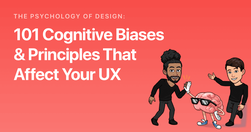
Below is a list of cognitive biases and design principles (with examples and tips) for each category. Let’s dive right in.
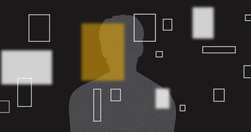
Online disinformation and propaganda have evolved into one of the greatest challenges to the safety of the internet. ... One of the first approaches we investigated was psychological inoculation, also called attitudinal inoculation, a technique to help people resist manipulative messages.
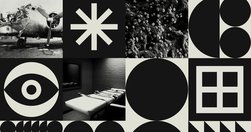
This article explores a few cognitive biases I’ve experienced first-hand as well as strategies for mitigating their influence.

ood UI design is all about guiding attention to what’s important. When making the right thing for the user the easy and obvious thing, you can’t ignore cognitive biases. After all, these biases are brain shortcuts that let us quickly and effortlessly make decisions and react to our environment.

"This article presents three experiments (total N = 1718) investigating the possibility of familiarity backfire within the context of correcting novel misinformation claims and after a 1-week study-test delay."
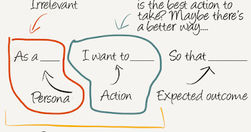
Using "job-stories" instead of "user-stories": "remove any sort of biases that the team might have for that persona. Personas create assumptions about the users that might not be validated."